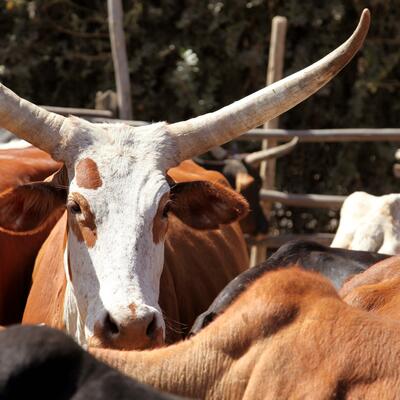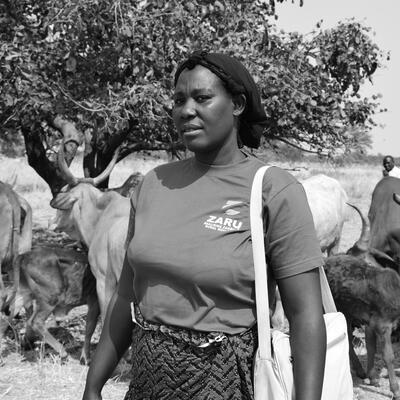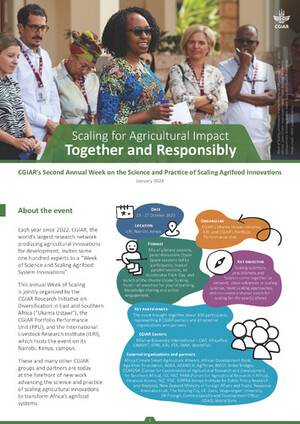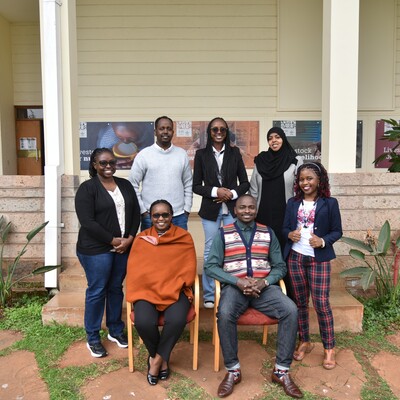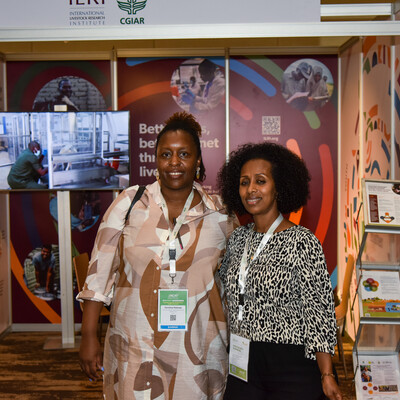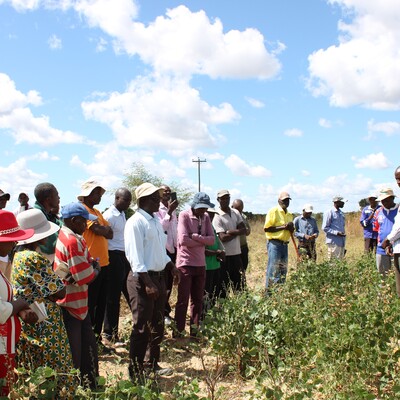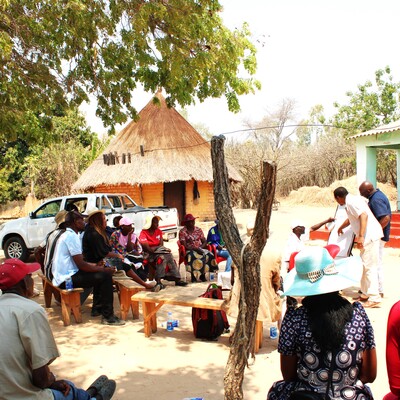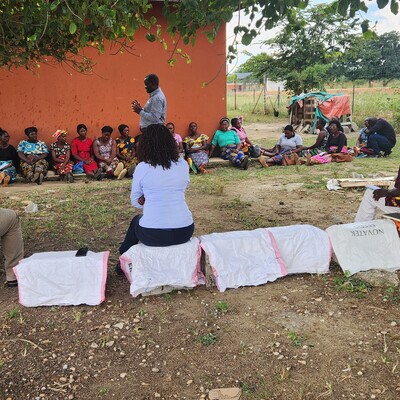

Innovations scaling and impact
The Impact at Scale program is responsible for spearheading the scaling-up of innovations of all International Livestock Research Institute (ILRI) programs for a sustainable future. The innovations have been tested and proven to be effective. The program aims at ensuring that many people can benefit from these technologies.
It draws on the expertise and experience of staff from across ILRI’s programs based in 16 African and Asian countries who have in-depth understanding of the local contexts and direct access to local partners. These programs also provide evidence of proven approaches and interventions covering technologies, institutional arrangements, business models and policy support, which can be scaled to different contexts.
Objectives
- Ensuring that ILRI has the required human and management capacity to deliver at scale with and through partner organizations
- Providing appropriate management support, frameworks, and tools for staff undertaking scaling-up activities
- Working with partners to demonstrate the impact of livestock research for development.





